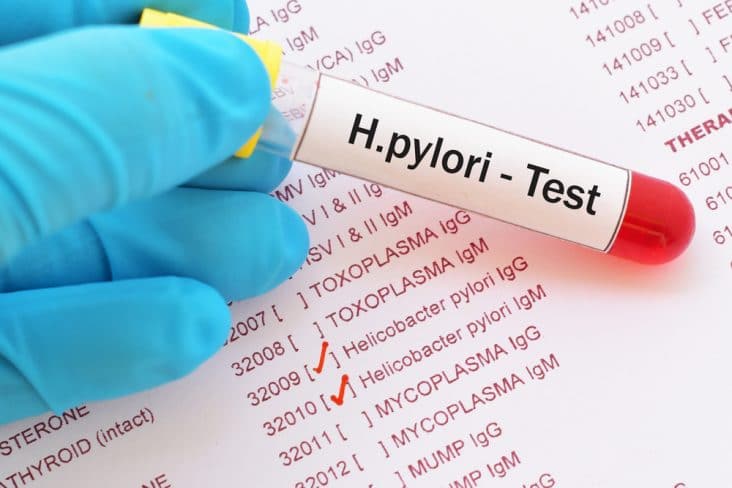Helicobacter pylori (H. pylori) is a type of bacteria that can live in the lining of the stomach. It may be one of the most common infections in the world and is said to be more common in developing countries. While H. pylori infections can be harmless, they can cause stomach inflammation and other serious conditions such as stomach ulcers or cancer.
A major cause of mortality worldwide, with more than 50% of the global population infected, helicobacter pylori infection is known to affect 1 in 4 Australians over the age of 60. While some patients may be asymptomatic, once detected, it can be treated and recurrence may be unlikely.
H. pylori can adapt to occupy the harsh, acidic environment of the stomach. This type of bacteria can change the environment around them and reduce its acidity to survive. Its spiral shape allows the bacteria to penetrate the stomach lining, making it difficult for your body’s immune cells to reach them.
Causes
While it’s believed that the bacteria has coexisted among humans for thousands of years, the exact cause of the helicobacter pylori infection is still unknown. The infections are believed to spread from one person’s mouth to another and may also be transferred from faeces to the mouth.
The infection can also occur when a person does not wash their hands thoroughly after using the bathroom. It may also spread through contact with contaminated water or food. While it’s more likely for people to get infected as children, you can be infected when you’re an adult.
Symptoms
For most people, the helicobacter pylori infection may appear asymptomatic but for people who do show symptoms, they may appear as signs of the disease or condition that it has developed into.
When the infection leads to an ulcer, symptoms may include:
- Abdominal pain (when your stomach is empty at night or a few hours after meals)
- Bloating
- Burping
- Not feeling hungry
- Nausea and vomiting
- Unexplained weight loss
Sometimes, ulcers can bleed into your stomach or intestines, which can be dangerous for your health. If you have the following symptoms, you may need immediate medical help. These symptoms include:
- Stool that’s bloody, dark red or black
- Trouble breathing
- Dizziness or fainting
- Feeling tired for no reason
- Pale skin
- Vomit that has blood or that looks like coffee grounds
- Sharp and severe abdominal pain
It may not be common, but helicobacter pylori infections can cause stomach cancer, and the symptoms for this may include:
- Abdominal pain or swelling
- Nausea
- Not feeling hungry
- Feeling full after you eat just a small amount of food
- Vomiting
- Unexplained weight loss
- Iron deficiency
Treatment
If you are asymptomatic, you may not need any treatment for Helicobacter pylori infection. However, if you’re diagnosed with the infection, the infection may have caused an ulcer or a more serious condition.
Treatment for stomach ulcers may help you recover from it and may even reduce your risk of developing stomach cancer. Treatment options for helicobacter pylori infection may include:
Medication
Your doctor may prescribe an antibiotic for your infection and it could be prescribed with another drug that reduces stomach acid. In most cases, only one round of antibiotics may be needed to clear the infection.
Lifestyle and diet
There may not be evidence that food and nutrition play a role in preventing helicobacter pylori infection. However, spicy food, alcohol, and smoking may worsen stomach inflammation and may prevent you from recovering.
It’s useful to stay away from food, beverages or habits that may increase your risk of stomach inflammation. This may not only aid treatment but also help confirm a diagnosis. It might also help you achieve a faster recovery or prevent yourself from getting infected if you maintain good hygiene by washing your hands and following other basic hygiene practices.
Request more information on the diagnosis and treatment of helicobacter pylori infections
It’s possible that you may be experiencing symptoms related to Helicobacter pylori infection without it causing any complications. If you are experiencing the above symptoms you must seek medical attention before it causes any complications.
Contact a team of expert gastroenterologists for more information on the management of a helicobacter pylori infection.

